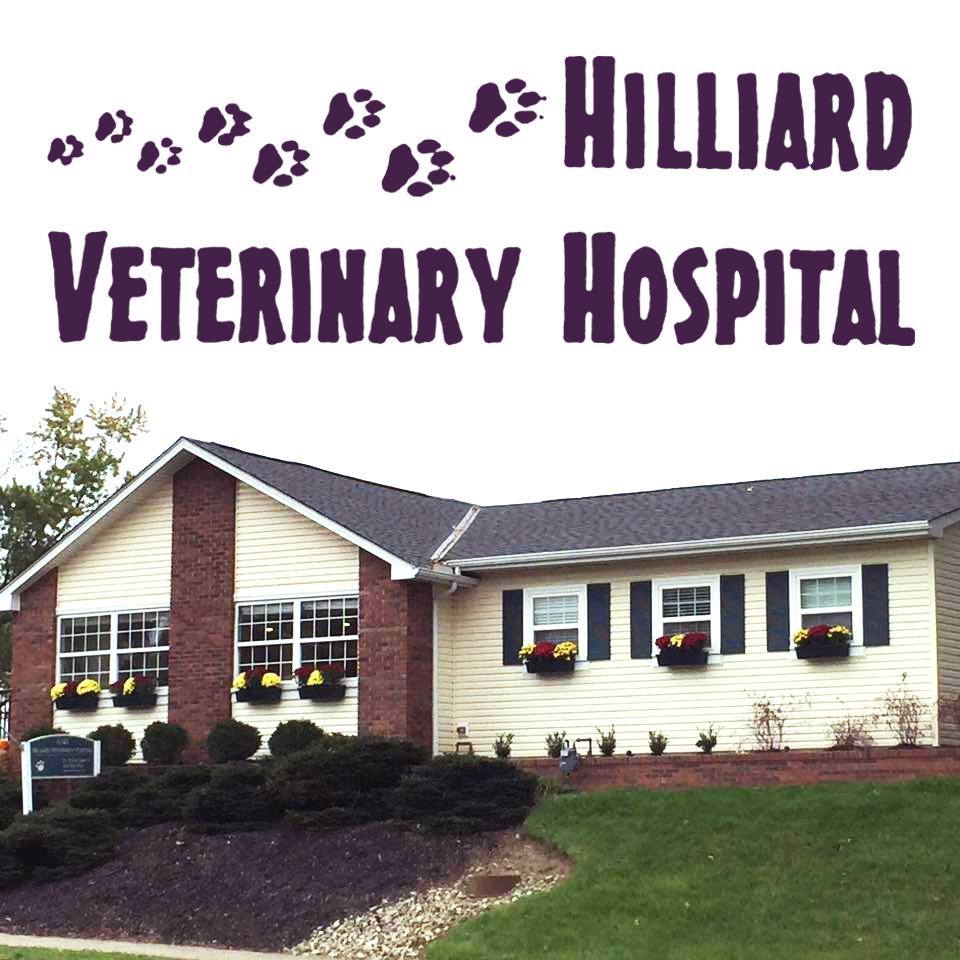Preventative Veterinary Care
Routine preventative care for pets, like humans, is recommended to make sure your loving companion is as healthy as possible.
Regular veterinary visits will ensure that your pet is up to date on their vaccinations and will help diagnose illness or other conditions that may occur. Early diagnosis can often lead to better management of conditions and better outcomes.
If you have any questions about any service we offer, we’re just a phone call away.
Routine Veterinary Examinations
Complete Medical Assessment begins with a thorough physical examination whereby your pet’s eyes, ears, skin, heart, lungs, neurological, gastrointestinal and skeletal system are examined for any abnormalities.
As your pet ages, part of an annual physical exam will include diagnostic tests. These tests help determine how well the organs and systems of the body are functioning.
Diagnostic tests include:
- Blood tests can be performed as necessary to assess the proper functioning of your pet’s kidneys, liver, pancreas, and endocrine system including the thyroid gland and adrenal glands.
- Urine tests can detect similar problems.
- Depending on your pet’s condition, we may recommend further diagnostic tests such as radiography (X-rays), endoscopy (internal scoping), ultrasound or surgery.
Vaccinations
It’s important for your pet to receive vaccines in order to stay healthy and have a good quality of life. Some pet vaccinations require a booster to keep them effective.
There are two categories of vaccinations: core pet vaccines and non-core vaccines. Core pet vaccinations are those recommended for every pet, while non-core vaccines may be advised based on your pet’s lifestyle, such as your cat or dog is outdoors only or is boarded often. Many vaccines can be given to pets as young as 6 weeks old.
See a list of recommended vaccines.
Intestinal Parasites
Intestinal parasites are a common problem with puppies and kittens but most can be easily treated once they are diagnosed. Roundworms, tapeworms, hookworms, and whipworms are the most common intestinal parasites in puppies and kittens. Other intestinal parasites include microorganisms such as coccidia and Giardia.
We recommend having at least two stool samples checked during your puppy / kitten’s first year followed by annual fecal exams as an adult. Your dog or your cat will be constantly exposed to parasites, many of which are transmissible to people.
All kittens and puppies should be routinely dewormed. A negative fecal sample does not necessarily indicate absence of parasites; eggs are shed intermittently.
Flea and Tick
A flea problem on your pet means a flea problem in your home. Understanding the flea life cycle and methods for its control can be a daunting task. We will gladly assist you in this process.
We can provide you with safe, effective flea prevention and if necessary, flea treatment. See the flea control information in the Pet Health Library of our site.

Heartworm Disease
We follow the recommendations of the American Heartworm Society and other experts in advising annual heartworm testing and prevention for all of our canine patients. Dogs are infected with heartworms when they are bitten by an infected mosquito. This means that even indoor dogs and those that do not have contact with other pets are still susceptible.
The only way to prevent the spread of this often fatal disease is to test your pets and place them on a preventative medication. With our in-house testing capabilities, we can tell within minutes if your dog is infected and begin steps toward treating the disease. We recommend using monthly heartworm prevention, year-round for the life of your companion.
Please ask any of our team members for our curent selection of preventatives.
Dental Care for Your Pets
According to the American Veterinary Dental Society, 80% of dogs and 70% of cats have oral disease by the age of 3. It is the most frequently diagnosed health problem in pets. Common signs of oral disease include tartar buildup, red and swollen gums, bad breath, changes in eating or chewing habits, pawing at the face and generalized depression.
Dr. Djelmis should evaluate your pet’s dental health at least once a year. We recommend this because bacteria and food debris accumulates around a pet’s teeth and, if left unchecked, will lead to deterioration of the soft tissue and bone surrounding the teeth. This decay results in irreversible periodontal disease and even tooth loss.
There are other reasons why you should pay close attention to your pet’s dental health. Dental disease can affect other organs in the body: bacteria in the mouth can get into the blood stream and may cause serious kidney infections, liver disease, lung disease, and heart valve disease. Oral disease can also indicate that another disease process is occurring elsewhere in a pet’s body.
Regular professional cleaning is important to maintaining your pet’s teeth. We use modern and safe ultrasound to clean each tooth thoroughly – above and below the gum line. Dental technicians polish teeth to create a smooth, lustrous tooth surface more resistant to plaque buildup. Fluoride treatments help strengthen enamel and reduce tooth sensitivity.
Dentistry is an area of specific interest for Dr. Djelmis. He has spent extra time and resources on his education about dentistry and equipment to provide detailed, compassionate dental care for your pets. Our pre-cleaning evaluation includes detailed charting of the condition of the patient’s teeth and gums.
Nutritional Counseling for Your Pets
Proper nutrition is essential to the overall health of your pet. All pets benefit from a balanced diet, and some pets require special food. Dogs and cats each have unique nutritional needs. Your pet’s nutritional needs can vary based on age, activity level and other factors.
Although it’s hard to resist the “longing looks” from your pets at mealtime, human food is not good for your pet, and there are many foods that you eat that can cause illness or death to your pet. Your pet can also suffer many of the same health problems people experience from a poor diet, such as heart disease, diabetes and joint problems due to weight gain.
Our trained and certified staff is available to help you choose the right diet for your pet to keep him or her happy, healthy and active.
Behavioral Management
Every client would like their pets to be loving and well-mannered. Unfortunately, due to many circumstances, pets develop behaviors that cause their owners distress, discomfort or injury.
Most behavior problems are best prevented or addressed when they first become a problem. If you have concerns about your pet’s behavior don’t wait, call soon, to get help.

 We also happily accept cash and checks.
We also happily accept cash and checks.